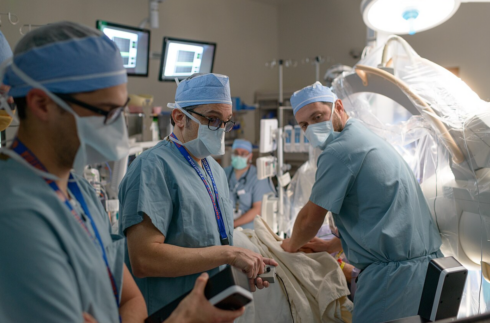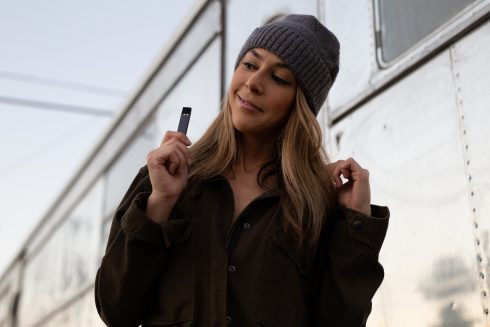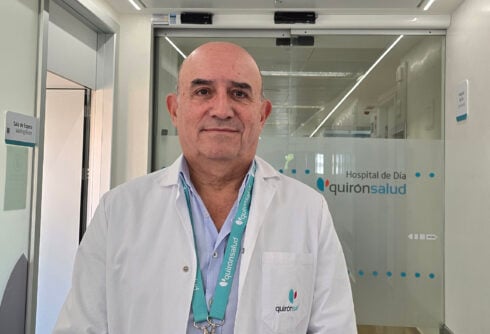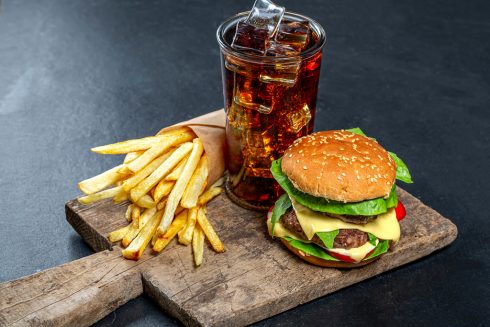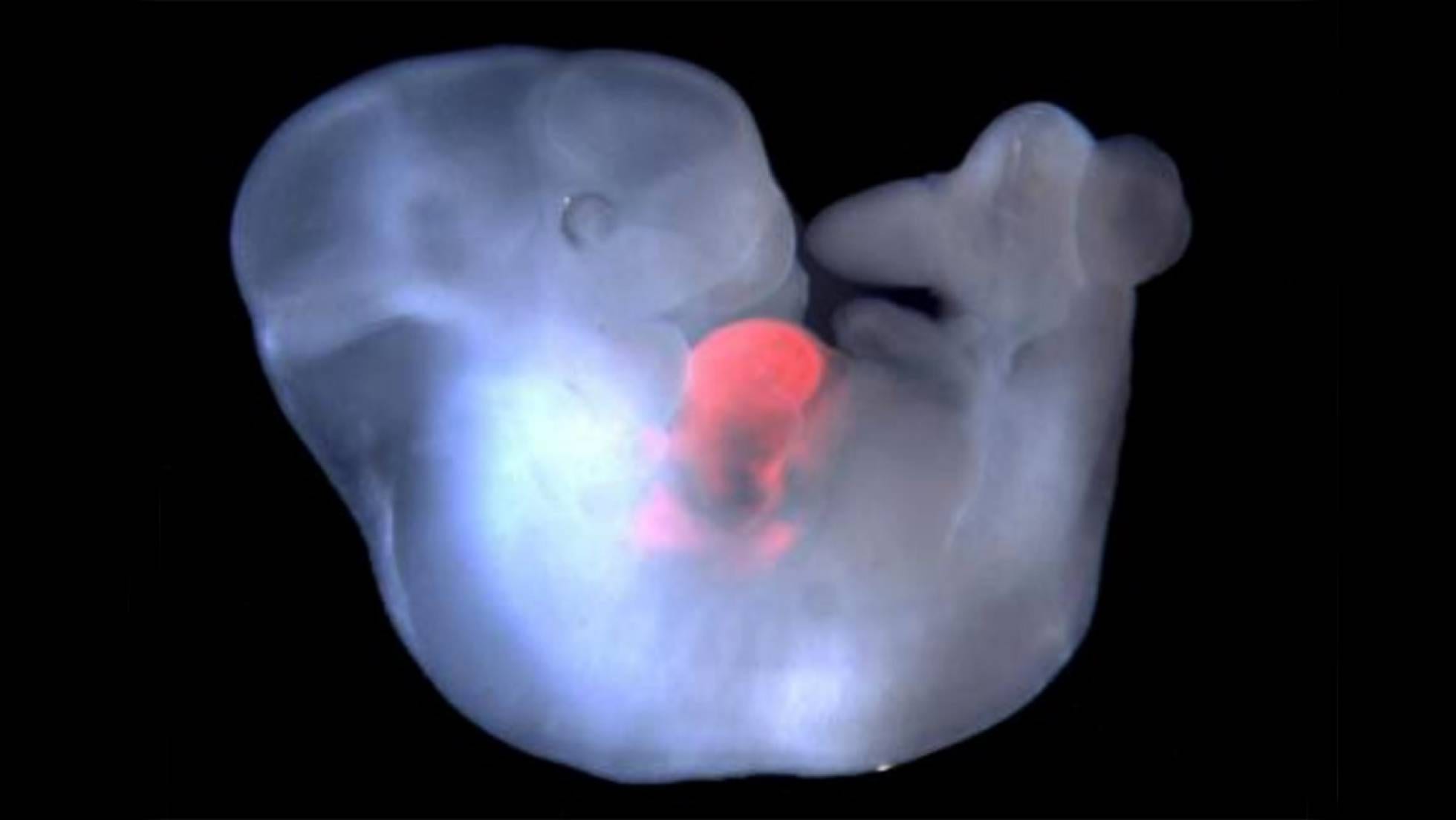
A TEAM of Spanish scientists has fused monkey and human cells for the first time in a bid to improve transplants.
The ‘chimeras’ – organisms with cells from different genotypes – were created at a laboratory in China to get around legal issues.
Juan Carlos Izpisua and his team took a crucial step towards their goal of converting animals’ bodies into ‘factories’ of organs for transplants.
READ MORE:
- MADRE MIA! Experts blame ‘job security’ as Spain sees highest proportion of over-40 first-time mothers in the EU
- British boy, 5, collapses and dies in Spain after sudden illness at four-star hotel
- 4 Ways to Better Take Care of Your Teeth
The researchers, who are part of the Salk Institute of the United States and UCAM, manipulated inactive monkey genes used for organ development.
They then injected human stem cells which are capable of generating any type of tissue.
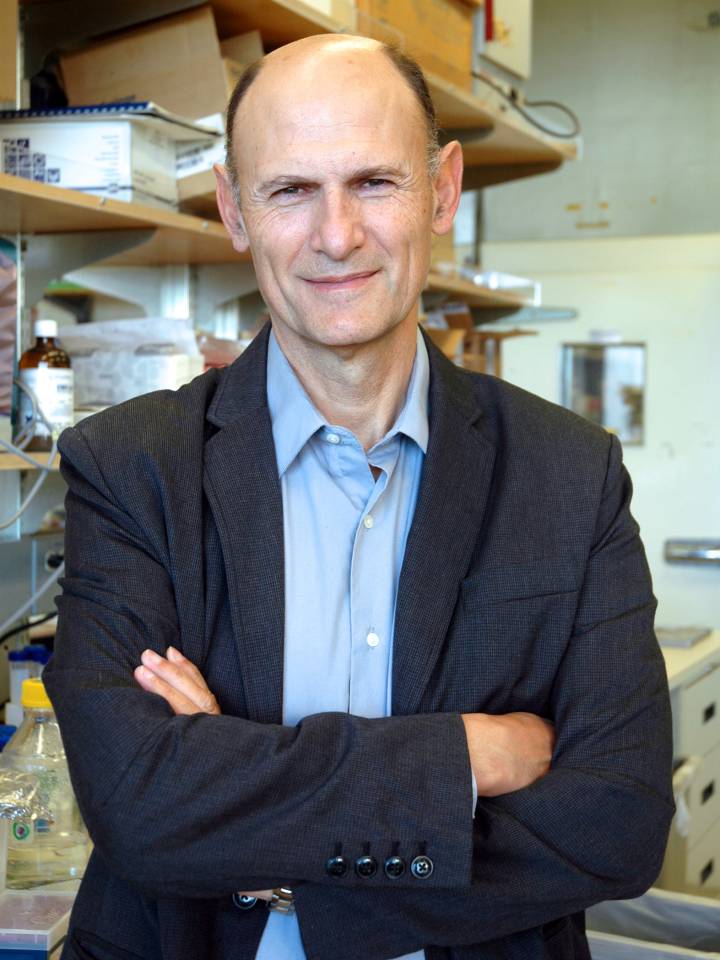
The chimera with human cells was not born, as scientists terminated the pregnancy.
“The results are very promising,” Estrella Nunez, one of the co-authors of the work, told El Pais.
She added that the group of scientists will, ‘continue conducting experiments with human cells and rodents and pigs, but also with nonhuman primates’.
Izpisua, who was born in Albacete, also carried out ‘the world’s first experiment of chimeras between humans and pigs in 2017.
That experiment ended without success, as human cells were not compatible enough with pigs.
However, Izpisua and his team have managed to create chimeras of species more similar to one another, such as mice and rats.
In Greek mythology, chimeras are often depicted as a fire-breathing creature composed of a lion, goat and snake.
Click here to read more Spain News from The Olive Press.


